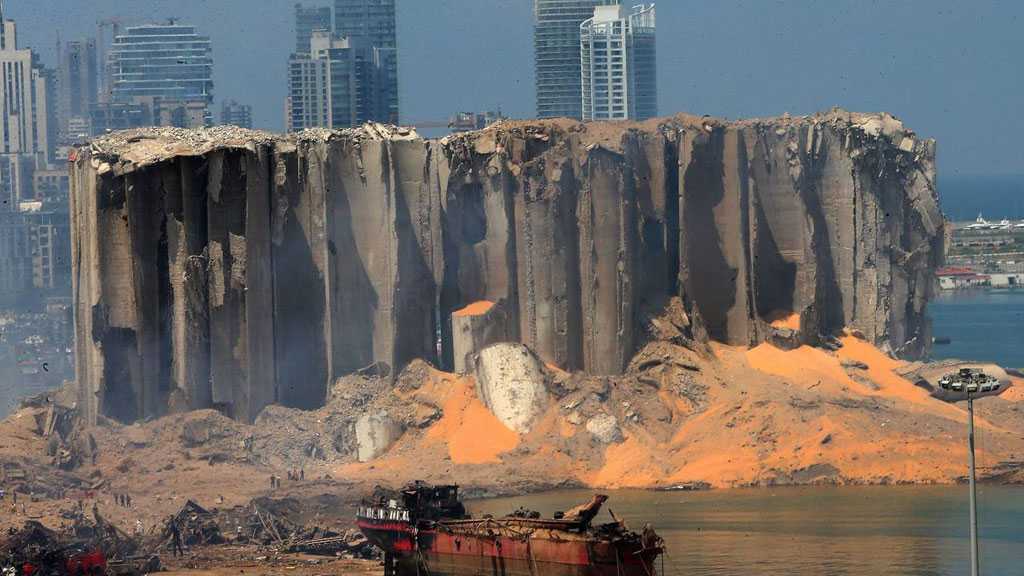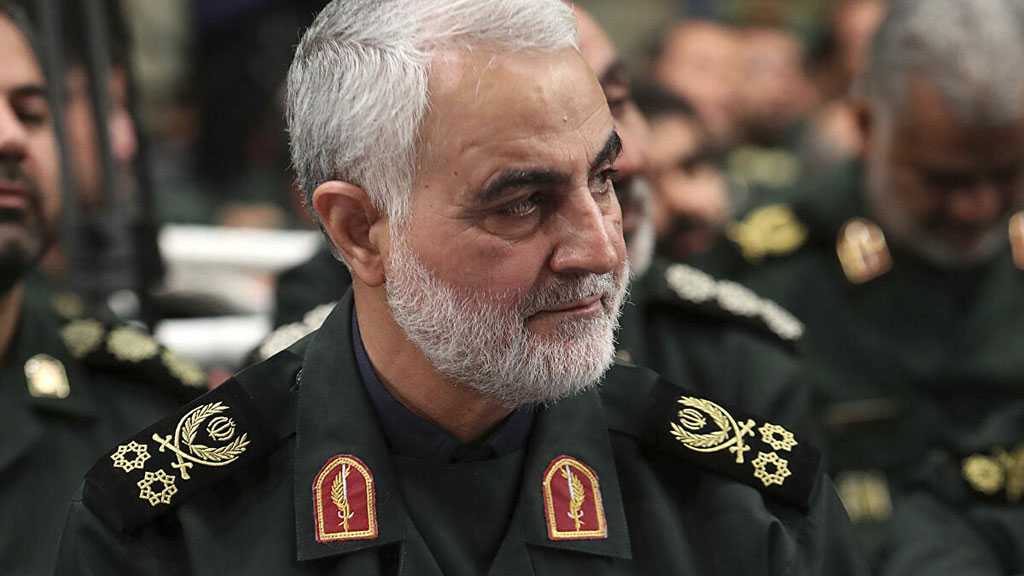August 06, 2022
Vinnik faces virtually life imprisonment in the United States
source: https://m.vz.ru/society/2022/8/5/1171157.html
A Russian national, Alexander Vinnik, who now faces more than 50 years in prison, has been arrested in the United States. On Thursday, he was actually fraudulently taken out of Europe to San Francisco in violation of all international legal norms. Apparently, this is how Washington responded to the verdict of the Brittney Griner, convicted in the Russian Federation for drug smuggling. Why is Washington abducting Russian citizens and is there a way to stop this, in fact, hostage-taking?
Alexander Vinnik, whom the United States accuses of cybercrime, was taken from Greece to the United States. “Everything happened and was staged as a kidnapping,” RIA Novosti reports the words of one of Vinnik’s family members. Relatives reported that the Russian citizen was taken from Greece to Boston on a private plane in violation of all legal procedures. “Alexander was allowed to call home from Boston,” a member of Vinnik’s family said. Later, the Russian was transported on a company plane to San Francisco.
The police at the Athens airport on Thursday evening claimed that they knew nothing about Vinnik’s extradition and that he had been taken to Athens. Employees of the consular department of the Russian Embassy in Greece were not allowed to see a Russian citizen, although he asked for a meeting. The Kremlin is monitoring the fate of Vinnik, presidential spokesman Dmitry Peskov said.
The procedural norms of Greek law did not allow to immediately send Vinnik from Greece to the United States, but in Athens “they turned a blind eye to this,” a relative of the captured Russian told RIA Novosti. “The Greeks will again say that they did not know, forgot, were confused, that they are sorry. As before, there was an extradition document with a fake signature of the Minister of Justice, and then it turned out that he did not sign anything,” the source said.
From an international legal point of view, the entire mechanism of Vinnik’s deportation to the United States via Greece is inadequate, so Russia equates such cases with kidnappings, Pavel Gerasimov, Honored Lawyer of the Russian Federation, Vice President of the Union of Lawyers of Russia, explained to the newspaper VIEW. “In any case, foreign security forces had to appeal to the representatives of Russia in Interpol with the justification for sending Vinnik to the United States. But no one contacted either our Foreign Ministry or law enforcement officers,” the lawyer stated.
It should be noted that simultaneously with the American operation to kidnap a Russian from Greece, Joe Biden complained about the “unlawful” detention in Russia of US citizen Brittney Griner and the “unacceptable” sentence. Recall that a Russian court on Thursday found Griner guilty of smuggling drugs into our country. The judges sentenced the American to nine years.
Biden promised that the US authorities would use “all possible means” to return Griner and another American serving time in Russia, Paul Whelan, to their homeland. In mid-June, the Moscow City Court found this former Marine guilty of espionage and sentenced him to 16 years in a strict regime penal colony.
It can be assumed that the American side will try to use Vinnik captured in Greece (along with another compatriot of ours serving time in the USA – Viktor Bout) to bargain for the extradition of Griner and Whelan. Note that at the end of July, reports appeared in the American press that Biden approved a plan to exchange Whelan and Griner for Booth. Last week, Russian Foreign Minister Sergei Lavrov and US Secretary of State Anthony Blinken discussed the exchange of prisoners in a telephone conversation. Lavrov urged the head of the State Department to return to “quiet diplomacy” on this issue, the Foreign Ministry said.
It is also worth noting the briefing held on Thursday by the Coordinator for Strategic Communications at the National Security Council (NSC) USA by John Kirby. According to TASS, a White House official was asked whether Washington believes that Russia will accept the American proposal, which does not involve an equal exchange of prisoners – one for one or two for two? That is, it was initially assumed that the United States intended to offer one Russian in exchange for two Americans. “I can say that we have made a serious offer… I won’t go into details, but we urge them (the Russians) to accept it,” Kirby replied evasively. It can be assumed that Vinnik, who was taken by private plane to the United States, may become this second Russian, who is supposed to be exchanged for convicted drug smuggler Griner and spy Whelan.
Regardless of whether a person is guilty (in this case, a Russian Vinnik) or not, the law must act, but the absolute arbitrariness on the part of the United States is comparable to extortion,
State Duma deputy Oleg Morozov told the newspaper VIEW. “This practice is on a par with the bombing of Iraq, when the United States didn’t care what others thought about it. They are detaining a Russian citizen on the territory of a third country and they don’t care what the law says and the world community thinks about it,” the politician stressed. Incidents like the capture of Vinnik have long been part of the international practice of the United States, stated Deputy Morozov. “There are many cases when Russian citizens are detained on the territory of third countries, and then absolutely illegally and secretly extradited to the territory of the United States, where they are put on trial,” the source said.
Let’s explain – several countries are involved in the Vinnik case, which has been going on for more than five years, and the Strasbourg Court was involved. In July 2017, a Russian IT specialist was arrested in Greece at the request of the United States. The American investigation accused Vinnik of creating a BTC-e cryptocurrency exchange without a license from the United States authorities, through which, according to the American side, billions of dollars were laundered. The Russian was also accused of failing to register his activities with the US Financial Intelligence Service (FINCEN) and failing to comply with anti-money laundering requirements. In the United States, 33-year–old Vinnik faces 55 years in prison – in fact, life imprisonment.
In January 2020, Greece extradited Vinnik, not to the United States but to France. Here, a Russian IT specialist was charged with 19 criminal offenses. A French court acquitted Vinnik of all charges brought by France and sentenced him to five years on one American charge. Moreover, the judges considered that the Russian had committed not a criminal offense, but a misdemeanor. The term of imprisonment ended, but Vinnik remained in prison. He was already supposed to be returned to Greece for extradition to the United States. However, the European Court of Human Rights banned the transfer of Vinnik to Greek justice. On Thursday, a Paris court decided to release Vinnik as part of the extradition case to the United States – Paris formally refused to transfer the Russian to the Americans. But the same French court immediately ordered to detain the Russian citizen and redirect him under escort to Greece. The very next day, a private plane took Vinnik from Athens to Boston.
As lawyer Gerasimov explained, the normal scheme from the point of view of international law should have looked like this: Greece detains Vinnik at the request of the French, since the case against him was opened in France. Further, in the French court, the process takes place with the participation of a representative of Russia, and the Russian consulate had to respect the rights of our citizen. Including consideration of the issue of Vinnik’s extradition to Russia.
“But the participation of American representatives in this case without substantiating the cross–border nature of the crime in general would be impossible by law, since Vinnik is not a US citizen,” the lawyer pointed out. – Another justification for American involvement could be that it was the United States that suffered the main damage from Vinnik’s alleged crime. But Washington has not provided any justification.” Moreover, at the stage of discussing extradition, the American side did not contact Moscow in any way, so the Russian Foreign Ministry issued a note of protest.
Now, in order to be able to exchange Vinnik or simply extradite him to Russia, he must be convicted in the United States, Gerasimov explained. “After that, Moscow tells Washington that the Russian side is ready to accept Vinnik to serve his sentence in Russia. This starts a two-way dialogue. If the two states agree, and if Vinnik arrives in Russia, then here he has the right to appeal for a judicial review and try to prove that the American court made an unfair decision,” the lawyer detailed.
At the same time, lawyer Gerasimov added, it cannot be ruled out that the arrested Russian may be transported to Puerto Rico or to the base in Guantanamo Bay, Cuba, where a special prison is still operating. “Legally, this will not be an American territory, but the same US law enforcement agencies will “work” with the detainee there,” the lawyer noted. “You can only be safe without committing crimes. But in any case, it is better to rest in the Crimea, and not abroad,” the interlocutor added, not without sarcasm.
The issue of countering American international racketeering is primarily a political issue, said Deputy Morozov. “It’s impossible to live by the principle of “what if the Americans accuse me of something, so I can’t move beyond the Ural Mountains.” The only way to answer is what Russia, China and many other countries are doing now: they break the world order established by the Americans, refuse to participate in an unfair world order and will offer the world completely different norms and rules,” the interlocutor stressed. – Sooner or later we will come to a world where Americans will no longer be allowed to engage in extortion. In the meantime, the United States, unfortunately, acts on the principle of might is right, that they themselves are the law.”
In the meantime, the Russian Foreign Ministry has outlined Moscow’s position: our side is ready to discuss the exchange of prisoners with the United States, but only within the framework of the channel that was approved by the presidents of the two countries at a meeting in Geneva last June. This was stated on Friday by the head of Russian diplomacy Sergey Lavrov, commenting on reports about the plan approved by Biden to rescue Griner and Whelan.
Filed under: Greece, Russia, USA | Tagged: Drug trafficking, International Law, Interpol, Lavrov, US Secretary of State Antony Blinken | Comments Off on The United States responded to Griner’s sentence by kidnapping a Russian









